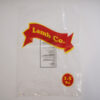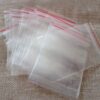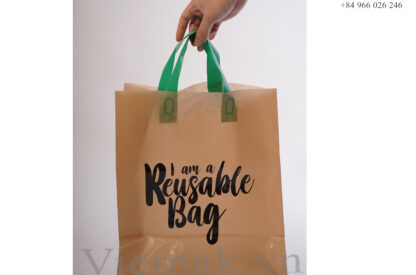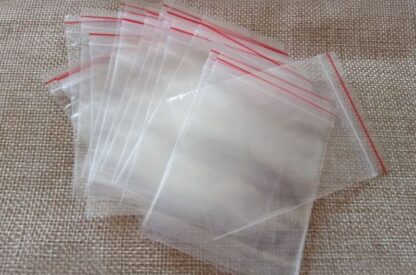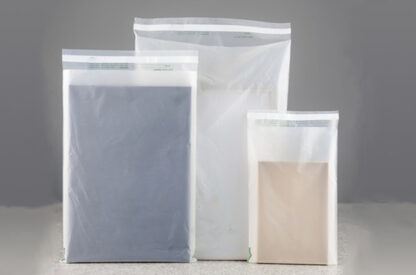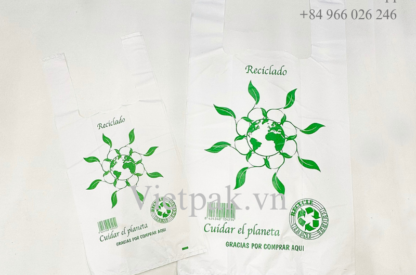What is compostable bags?
Compostable bags can be your best option if you’re seeking an eco-friendly approach to getting rid of your rubbish.
The use of compostable bags has the advantage of being manufactured in accordance with the circular economy. The bags are made of renewable plant-based materials and can return to the resource stream as nutrient-rich compost, so enhancing our soil and removing carbon from our atmosphere.
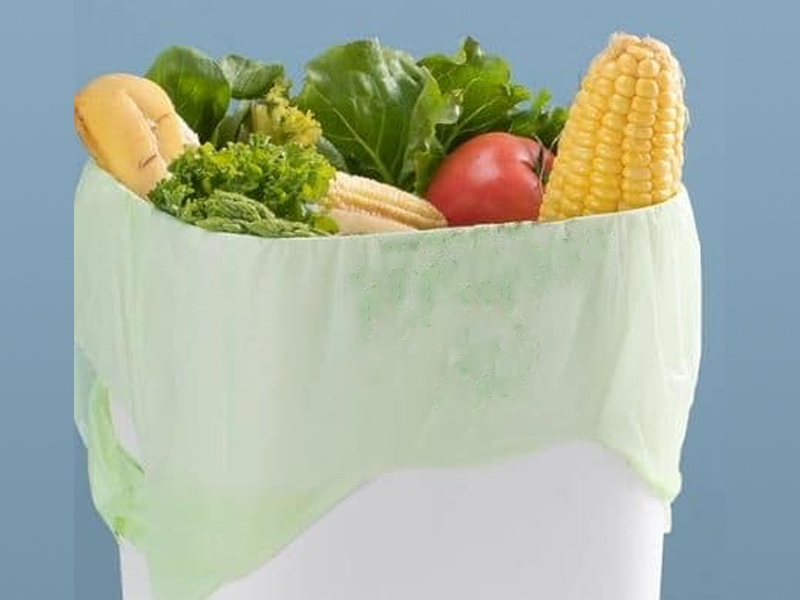
A Short Introduction To Compostable Bag
Contents
These bags don’t create any hazardous chemicals because they are constructed of biodegradable ingredients like natural plant starch, corn, or potato starch.
In concept, compost is created when compostable bags easily decompose in a composting system due to microbial activity. However, the appropriate conditions have to be present for them to decompose, and in a home composting environment, the temperature is frequently insufficient. The compostable bag also does not always decompose on its own in the natural environment or in landfills. It could need centralized composting facilities, industrial composting, or a place to incubate temperatures up to 60 degrees Celsius that guarantees the compost.
What Is Compostable Bags Made With?
Compostable bags are the solution of more resist tearing and breaking and eco-friendly than traditional plastic bags. These are created from organic ingredients like coffee grounds, cornstarch, vegetable oil, and wood pulp…, instead of plastic. They can decompose into compost as a consequence, which may be used to enrich the soil.
Corn and potato starch are two good raw and natural materials for making compostable bags thank their high starch levels which give the bags strength. These varieties are different from the potatoes and corn you may eat, however. Special super high starch varieties are grown, which are largely inedible.
What Are The Uses Of Compostable Bags?
Today, compostable bags are utilized in place of plastic alternatives. The compostable bag is primarily used to line a kitchen food waste bin and shopping bags.
You may line your kitchen caddy with these bags to gather waste and scraps of food, which you can then put in the Green Organics bin.
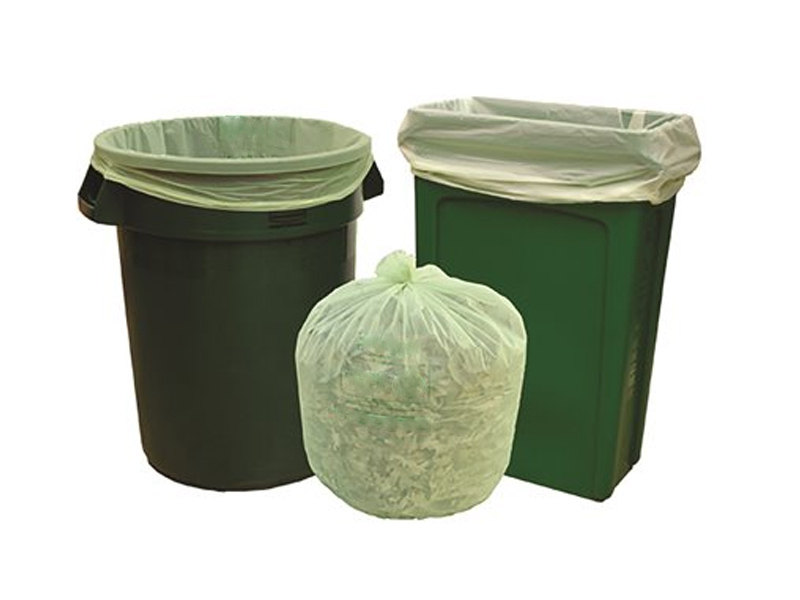
Do Compostable Bags Truly Protect The Environment?
Compostable bags not only decrease kinds of plastic or garbage from entering landfills, but they also go a step further by returning essential nutrients to the soil through composting.
The compostable bag will decompose at a pace that is same equal to that of the food waste it holds because the bag is made out of plant-based components.
This bag may so disintegrate in water after just three months, fragment when exposed to air after nine months, and start to decompose after 27 months when buried in the ground.
However, there are two subcategories of compostable bags: exclusively for industrial composting and home compostable (EN1342). Because not all bags may degrade when combined with household garbage, it is important that you need properly identify the kind of bag before use.
Benefits of Compostable Bags
Reducing carbon emissions
The decrease in carbon emissions is one of the most well-liked advantages of the compostable bag. These bags are manufactured with less carbon emissions than traditional plastic bags.
As a result, the manufacture of compostable bags helps to lessen greenhouse gas emissions and global warming.
Save landfill space
Non-compostable plastics are simply carried to landfills where they can sit for countless centuries. The area is only utilized to store rubbish rather than being used to grow food, provide parks for kids, or build homes.
However, compostable waste bags don’t increase the amount of area set aside for landfills. Instead, the earth may absorb these bags and transform them into compost or humus.
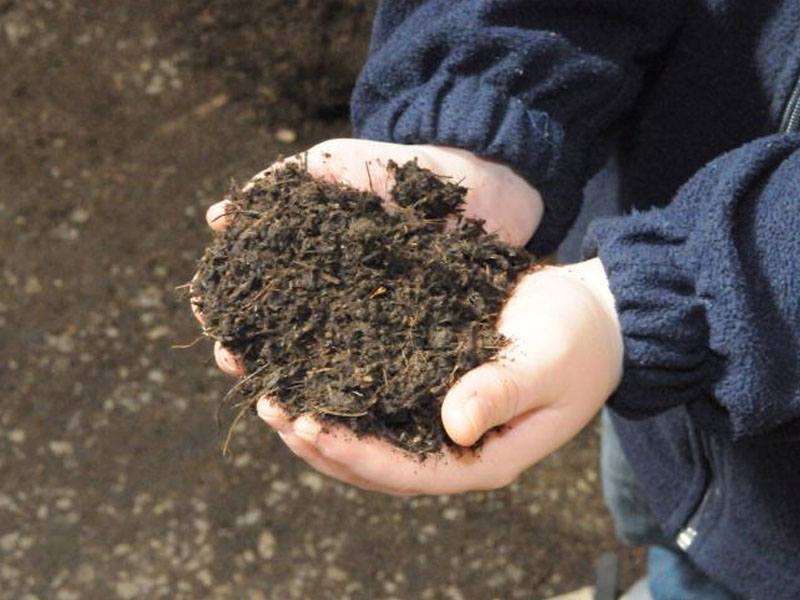
Environmentally friendly and recyclable
Microorganisms inside a traditional plastic bag will decay unnaturally and plastic takes hundreds of years to biodegrade. This raises the possibility that it will produce poisonous compounds that could pollute the environment.
Once formed, these hazardous and potentially poisonous compounds enter the environment and render it uncomfortable and unsafe for other living creatures. These poisonous compounds will be consumed by animals at the bottom of the food chain, moving up to higher positions of the food chain to infect and kill other living beings.
The fact that compostable bags are actually compostable is one of their main advantages. This means that it permits spontaneous biodegradation and return to the soil ground that does not produce toxic substances.
No allergens or toxins
Because compostable bags are made out of organic ingredients that are non-toxic, allergy-free materials. This demonstrates a thorough understanding of matters crucial to consumers’ behavior and awareness. A conscientious, knowledgeable consumer would nearly always pick items free of toxins and allergies over packaging made with worried substances like phthalates.
Why Use Compostable Bags?
Increasingly, consumers are now far more conscious of how their purchases affect the environment than in previous years. Many of them are prepared to spend extra for environmentally friendly goods, which motivates businesses to adopt and make environmentally friendly bags.
Consumers of today care about the environment, especially future millennials and Generation Z, who are particularly concerned with pollution, climate change, and environmental protection.
The compostable bag carries a positive message for the planet for a greener future.
LEADING MANUFACTURER
We are a premier plastic bag manufacturer based in Vietnam. Our dedicated team excels in crafting customized packaging solutions to precisely meet the needs of all customers
QUALITY CONTROL
We have a strict quality control system. Our bags are inspected before production, during production, and prior to loading into containers. Our priority is to minimize every defective goods before shipping to our customers
AMAZING SERVICE
Our enthusiastic customer service team always strives to respond to your emails as promptly as possible. We take pride in our ability to consistently deliver high-quality products on time, every time.


